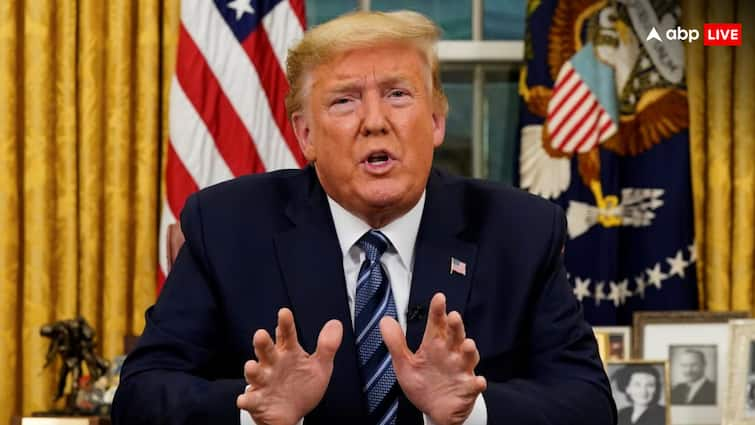The Pentagon on Friday announced the deployment of a powerful aircraft carrier strike group to Latin America, marking a sharp escalation in the United States’ fight against drug trafficking. The move, which is said to be aimed at dismantling transnational criminal networks in the region, was slammed by Venezuelan President Nicolás Maduro, who called the action as an attempt to “fabricate a war.”
The order follows President Donald Trump’s decision in early September to launch a targeted military campaign against vessels allegedly used for narcotics smuggling. US forces have already destroyed at least 10 boats in a series of coordinated strikes.
Backed by 10 F-35 stealth fighter jets and eight US Navy ships, the growing military presence has fueled fears in Venezuela that Washington’s real objective is to topple Maduro’s government. The addition of an aircraft carrier is likely to intensify those concerns even further, AFP reported.
Maduro Accuses US Of ‘Fabricating War’
Speaking on state television late Friday, Maduro accused Washington of provoking conflict. “They promised they would never again get involved in a war, and they are fabricating a war that we are going to prevent,” he said, describing the U.S. campaign as “a new eternal war.”
The confrontation has also extended to Colombia, where President Gustavo Petro, an outspoken critic of the American strikes, was hit with US sanctions Friday for allegedly enabling drug trafficking.
According to Pentagon spokesman Sean Parnell, the deployment of the USS Gerald R. Ford and its accompanying vessels “will enhance and augment existing capabilities to disrupt narcotics trafficking and degrade and dismantle TCOs,” referring to transnational criminal organisations.
The announcement came shortly after Defense Secretary Pete Hegseth confirmed an overnight US strike in the Caribbean Sea on a boat purportedly operated by Venezuela’s Tren de Aragua gang, killing six people.
“If you are a narco-terrorist smuggling drugs in our hemisphere, we will treat you like we treat Al-Qaeda,” Hegseth declared on X. “Day or NIGHT, we will map your networks, track your people, hunt you down, and kill you.”
Rising Tensions Across The Region
At least 43 people have been killed in U.S. strikes so far, according to figures compiled by AFP from US sources. Washington, however, has not provided evidence that the targeted vessels were trafficking narcotics.
Tensions have escalated sharply, with Caracas accusing the US of plotting a regime change. Maduro recently claimed that Venezuela was prepared to defend itself, boasting that his country possesses 5,000 Russian-made surface-to-air missiles.
Flight tracking data showed that a US B-1B bomber flew over the Caribbean near Venezuela’s coast on Thursday, following flights by multiple B-52 bombers the previous week, a display of American military power that sent ripples through the region.
Colombia’s Petro, who has publicly accused Trump of “murder” over the strikes, now faces personal sanctions alongside his wife and son. Meanwhile, Brazil has voiced alarm over the buildup.
“We cannot accept an outside intervention because it will trigger immense resentment,” said Celso Amorim, senior foreign policy adviser to Brazilian President Luiz Inácio Lula da Silva. “It could inflame South America and lead to radicalization of politics on the whole continent.”
Despite mounting criticism, President Trump has stood firm, insisting that he does not need a congressional declaration of war to take military action against Venezuela or other nations he accuses of aiding the drug trade.
“The land is going to be next,” Trump warned Thursday, comparing drug cartels to the Islamic State militant group.



